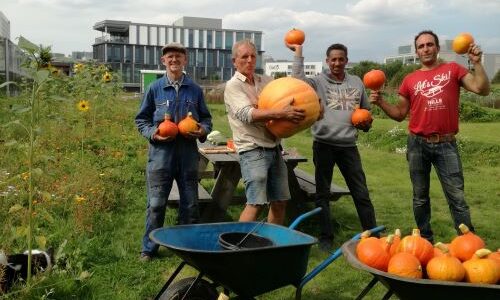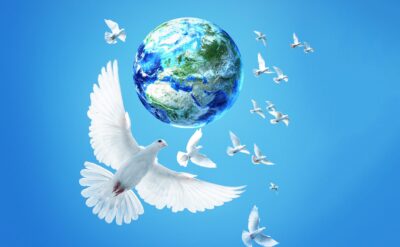Muhammed Karayel, an aircraft engineer who emphasizes that his passion for his profession has persisted since childhood, states, “This industry does not tolerate mistakes.”
Why Aerospace Engineering? Was this your dream profession?
Muhammed Karayel: In my childhood, when fighter jets flew low, while other children ran away, I tried to climb to a higher place to get a closer look at the planes. I loved airplanes, so I am now doing my dream job.
What does an aircraft engineer do in the civil aviation and defense industry?
An aircraft engineer is an individual who works in the design, preparation of construction projects, production, development, maintenance, repair, and operation of aircraft. Those who prefer to work in the civil aviation sector can find employment in technical departments of airlines, companies that provide maintenance, repair, and overhaul services for aircraft components, aircraft leasing and trading companies, civil aviation institutions, and companies involved in aircraft and engine manufacturing.
In the defense industry, aircraft engineers can be involved in various departments such as production and research and development by participating in ongoing projects in the production of military aircraft, missiles, or defense systems. While the specific project may vary depending on the unit, those working in the defense industry engage in more extensive engineering compared to those in the civil aviation sector. Aircraft engineers in the defense industry can provide services in areas such as planning, structural analysis, fluid dynamics and heat transfer, design, research and development, and prototype production.
Could you please share a memory from your professional career that you will never forget?
The joy and astonishment on the face of an aircraft owner… A faulty aircraft had arrived at the company I worked for; it had visited six different maintenance centers, but its issue could not be resolved. During the meeting, when this situation was explained, I consulted with the technical manager and obtained the details of the problem. With a team of three, we managed to fix the issue within 12 hours and delivered the aircraft ready for flight. The authorized person couldn’t believe it and checked multiple times. I still remember the astonishment on his face. During my time as an aircraft engineer, there was a lightning strike while in the cockpit; the noise was heard, and all aircraft systems were shut down (just like in the movies), with that blue light flowing out of the aircraft. Another time, while on the runway and accelerating for take-off at 100 knots, we had to abort the take-off due to an engine fire on the left side of the aircraft. These were thrilling yet dangerous situations.
What are the advantages and disadvantages of your profession, in your opinion?
Pros: It is a sector where you can continuously update yourself with advancing technology. The increasing demand for faster transportation and the subsequent rise in the number of aircraft generate a broad field of work. Due to its international nature, there is a possibility of working with people from different nations and cultures. As a result of training or flight duties, you have the opportunity to travel to many countries around the world.
Cons: Due to the human factor being prominent, there is a margin for error, but it is an industry that does not accept mistakes. A mistake you can make potentially harm yourself or others. Because of projects that need to be planned and completed on time, there is pressure on you.
What would you like to advise young people who are choosing a profession?
First and foremost, one should pursue a career that they love. It should be a profession that they eagerly look forward to going to each day, rather than complaining, “Not again!” Being successful and happy is easier when you are engaged in a job you enjoy. Additionally, individuals should strive to educate and develop themselves in all areas. They should have a proficient level of at least one foreign language and do everything possible to enhance their professional skills.
* Pilots on the same flight do not eat the same meal. The reason is as follows: If one pilot experiences food poisoning, the other pilot can continue the flight.
* According to air traffic observation reports, there are approximately 8,000 to 20,000 aircrafts in the sky at any given moment.
* Those who believe that success and foreign language proficiency are sufficient to become a pilot are mistaken. To become a pilot, one must undergo a detailed medical examination and fulfill the required criteria.
* As the aircraft ascends, the air becomes thinner, and the friction force on the aircraft decreases. Thanks to systems developed by aircraft engineers, the aircraft can fly more easily and quickly. This translates to lower fuel consumption and costs.




